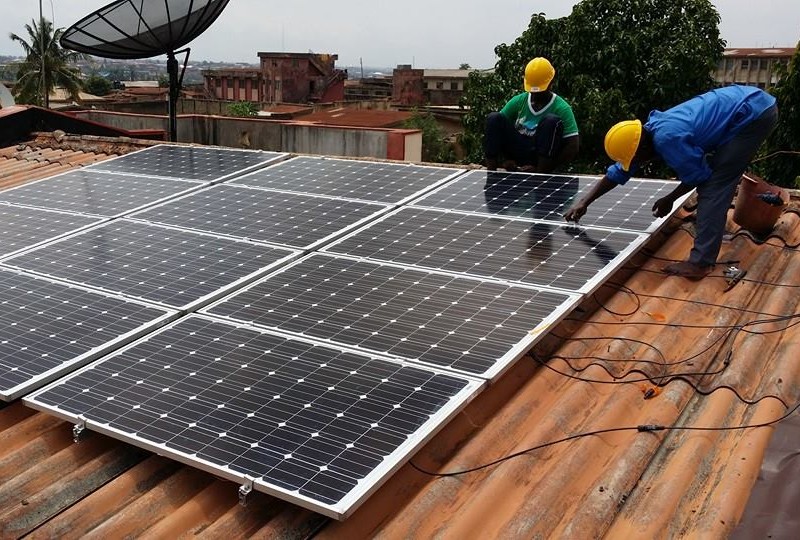Okra Solar Targets Nigeria’s 90 Million Off-Grid Citizens With New Last-Mile Electrification Suite

Nigeria’s longstanding challenge of powering its vast rural population may be entering a new phase as Okra Solar unveils Mesh-grid Beyond, a technology suite aimed at delivering reliable and commercially viable electricity to the country’s 90 million off-grid residents—the world’s largest such population.
For years, Nigeria’s rural electrification efforts have struggled under the weight of high deployment costs, poor connectivity, and low-consumption customers who are often considered unprofitable. Okra Solar’s new platform seeks to close these gaps by giving developers the tools to extend reach, accelerate rollout, and build financially sustainable energy networks.
Speaking at the launch, Afnan Hannan, CEO of Okra Solar, said the goal is to “unlock opportunities through energy access” by enabling developers to electrify communities once deemed out of reach.
Mesh-grid Beyond is built around three core components:
Sprout – A high-capacity, pre-wired unit (up to 2.4 kW AC) designed for productive users such as small businesses and community hubs. By anchoring these high-demand consumers, developers can quickly build grids that boost both electricity access and local commerce.
Leaf – A low-cost household connection solution that addresses one of the toughest bottlenecks in rural electrification: low-income, low-consuming customers. Leaf provides up to 150W AC per home at under $100 per connection, making previously unprofitable households viable.
OkraNet – A connectivity layer that bypasses Nigeria’s patchy mobile coverage. Using a data-hopping network that routes information from home to home before reaching a central satellite or 3G/4G gateway, it ensures billing and remote monitoring even in the most isolated areas.
Developers piloting the system say the integrated approach is a breakthrough. Daniel Komolafe, CEO of First Electric, noted that the technology enables them to deploy faster, reach both high- and low-income users, and remain profitable—something traditional mini-grids rarely achieve.
Energy analysts agree the timing is critical, with Nigeria’s electrification progress slowing as developers struggle to balance impact with returns. Chidi Nwosu, an energy policy analyst, said Okra’s model “could accelerate adoption nationwide” by tackling both affordability and viability.
Mesh-grid Beyond has already been tested in rural Nigerian communities, where previously “unviable” villages are now being powered through a mix of Sprout hubs and Leaf household links, all coordinated via OkraNet. Okra Solar also provides training and technical support to simplify large-scale rollout.
Beyond infrastructure, the system is designed to stimulate rural economies—boosting business activity through productive-use connections while giving households affordable electricity for lighting, phone charging, and basic appliances.
Analysts believe that if widely adopted, the platform could reshape Nigeria’s off-grid landscape by addressing the sector’s biggest obstacles: speed, profitability, and connectivity. For developers eyeing opportunities under the DARES program, the technology signals a new phase of viable last-mile electrification.
As Komolafe puts it, “Communities once impossible to reach are now standard projects. This is a shift from selecting profitable customers to enabling profitable universal access.”
While Nigeria’s journey to universal electricity is ongoing, Mesh-grid Beyond may bring the nation significantly closer to closing its last-mile gap.
